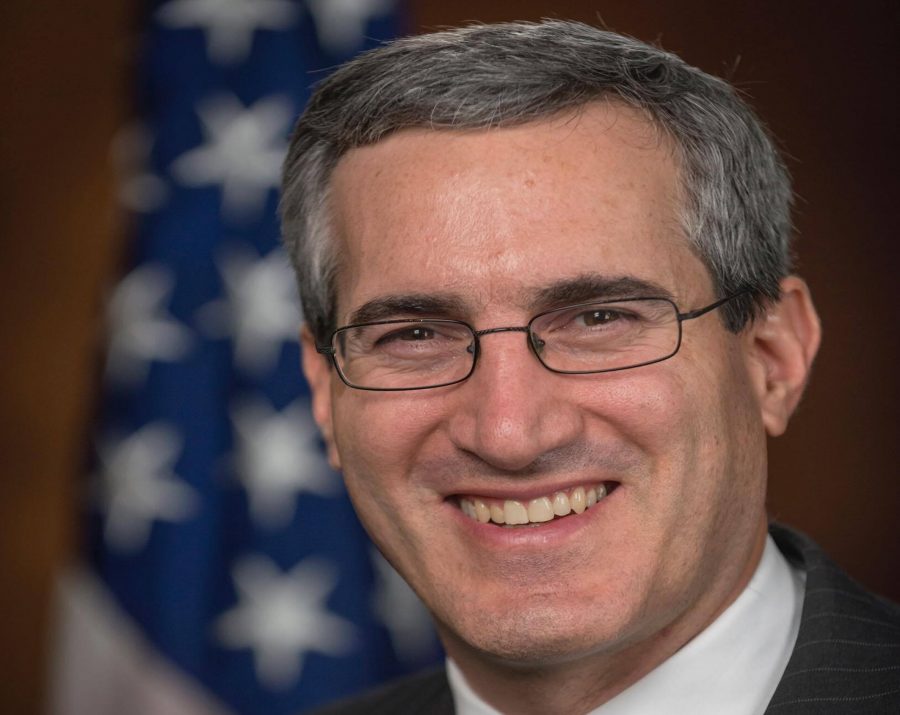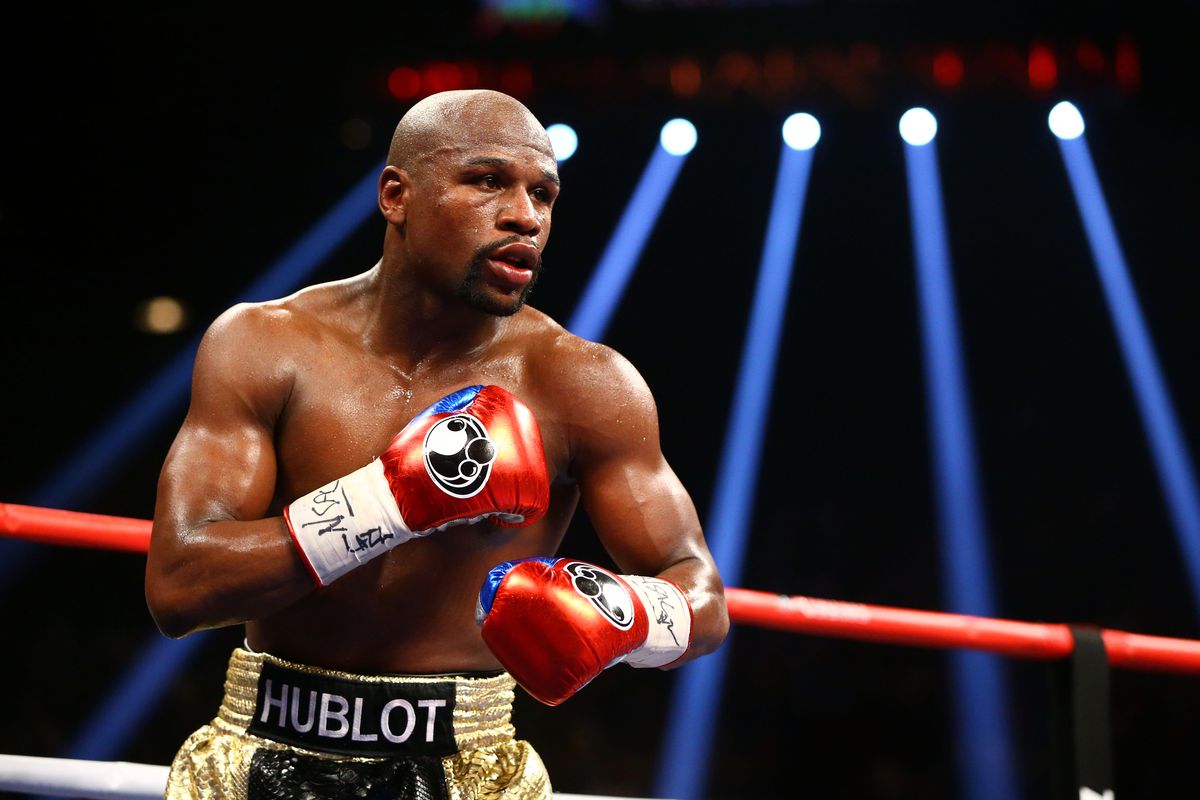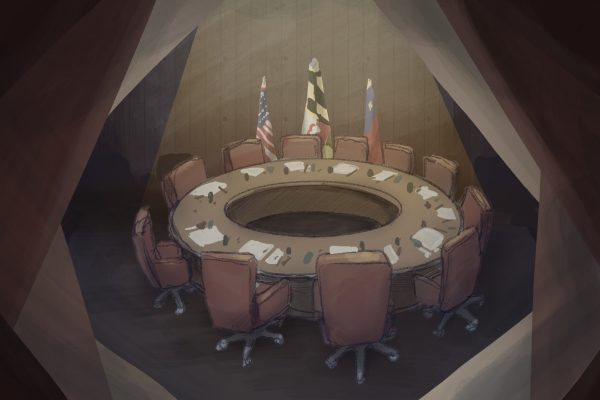Q&A with acting Solicitor General Ian Gershengorn
December 12, 2016
The Black & White sat down with acting Solicitor General Ian Gershengorn to discuss what his job entails, and how the office of the Solicitor General is affected by the election results. Gershengorn stepped in as Solicitor General after Donald Verilli stepped down.
Black & White: What does your job as acting solicitor general entail?
Ian Gershengorn: There are three main jobs that the solicitor general’s office does and that I do. The first is that the solicitor general and the solicitor general’s office represent the United States in the Supreme Court. So that means that we present arguments and do the briefing in cases that are for the Supreme Court on behalf of the United States. The Court hears about 80 cases a year, and we participate on behalf of the United States in about 85 percent of those cases. That’s the thing that gets the most public attention because the arguments in the Supreme Court get the most press coverage.
We do two other main jobs which I think get less attention. One is that the Solicitor General’s office has to OK a decision to appeal anytime we lose in the lower court. That’s a responsibility that we take pretty seriously. We look at the case and decide whether the court that decided it against us was correct and whether we think it makes a good case to take up on appeal.
The third thing that we do is that we advise various leaders in the government about whether the actions they’re going to take are ones that would create litigation risk and how a court might view their actions. We give advice, for example, to the Attorney General, or to general counsels of various agencies, or to the White House counsel about how certain actions might play out in the courts.
B&W: Walk us through a typical day in the office.
IG: On a typical day when the Court is in session, which are the really fun days, we start off by going over to the Supreme Court to hear oral arguments. The Court hears oral arguments seven times a year, once each month in October, November, December, January, February, and April. On those days the Supreme Court usually hears argument from about ten to twelve, and we get to go watch arguments, and hear how the Court is reacting to our cases. And then we go back and usually we talk about the case some. But then we spend the afternoon doing the work of the office. Every merits brief [a brief on the inherent rights or wrongs of a case] that comes out of our office is reviewed by the solicitor general, or the acting solicitor general in my case. Another thing that we will do in the office is having meetings, and those meetings are generally efforts to figure out what position the government should take with regards to a case, and so we’ll meet with lawyers from the outside and lawyers from around the government, to talk about the strengths and weaknesses of the various cases and try to figure out what position the United States should take.
When the Court is not in session, it’s a lot like the second part of the day I just described in that we will spend a lot of time preparing for arguments. As the Solicitor General, I typically have six or seven oral arguments a year, and so a substantial amount of time is spent preparing for those arguments. One is reading the briefs, and reading the cases to try to figure out what the strongest arguments are. Another big aspect of the preparation is doing what are called moot courts. We get a number of people from the office to play the role of the various justices, and we do a practice argument. We’ll go in for and hour or more and the people in the office who are pretending to be the various justices will ask the questions, and it will be just as active as one of the typical oral arguments in the Court. Then, we will get together and talk about the various answers to the arguments that we just did, so we get to refine our answers and that really is the best way to help prepare for an argument.
B&W: Has there been any moment that stands out to you from your time as acting solicitor general?
IG: I think probably one of the best days was when the Supreme Court upheld our interpretation of the president’s health care act, and when you win a big decision like that, which you feel is very important to the president and to the country, it’s a wonderful feeling. We always go over to the Supreme Court to be in the courtroom when the Court hands down the decisions, and I was in the courtroom when the Court handed the second health care decision, and that’s a very satisfying feeling, to have been part of a legal team that won a victory that, in that case, helped people get health care coverage, and that’s very important to the administration is one of the best feelings that a lawyer can have.
To have been part of a legal team that won a victory that, in that case, helped people get health care coverage, and that’s very important to the administration is one of the best feelings that a lawyer can have.
— Ian GernshengornB&W: What do the election results mean for you and for the people you work with?
IG: The election result means that my job ends on January 20. I’m a political appointee; I work for the current administration, so when the administration ends, my job ends. So, like all the other political appointees, I’ve turned in a letter of resignation, which I would’ve done no matter who won the presidency. That letter of resignation is effective January 20, 2017. For most of my office however, there isn’t as big a change. Out 21 lawyers in my office, 19 of those are career lawyers, and they serve no matter who the President is. That’s true throughout the Justice Department; the vast majority of lawyers in the Justice Department are career lawyers, and their job is to serve the Justice Department no matter who is the Attorney General and no matter who is is President. Those career lawyers are very, very important for making sure that the government continues to run and that the Justice Department pursues justice no matter which administration is in place.











